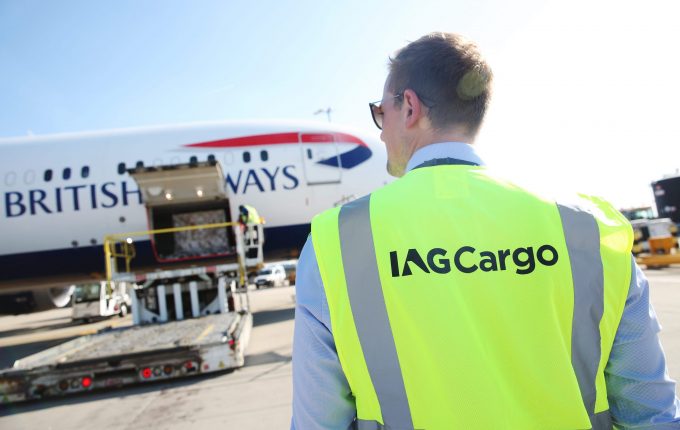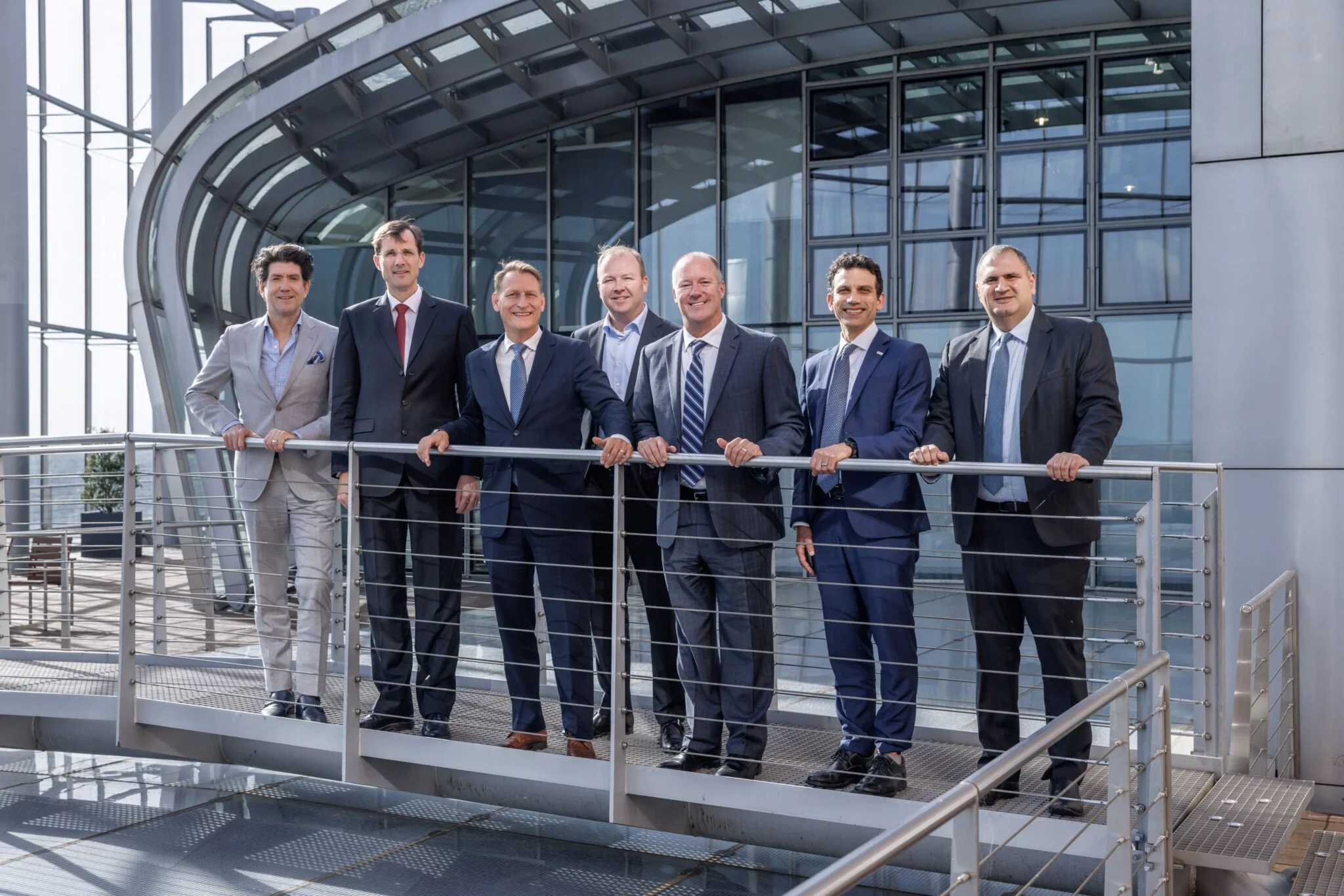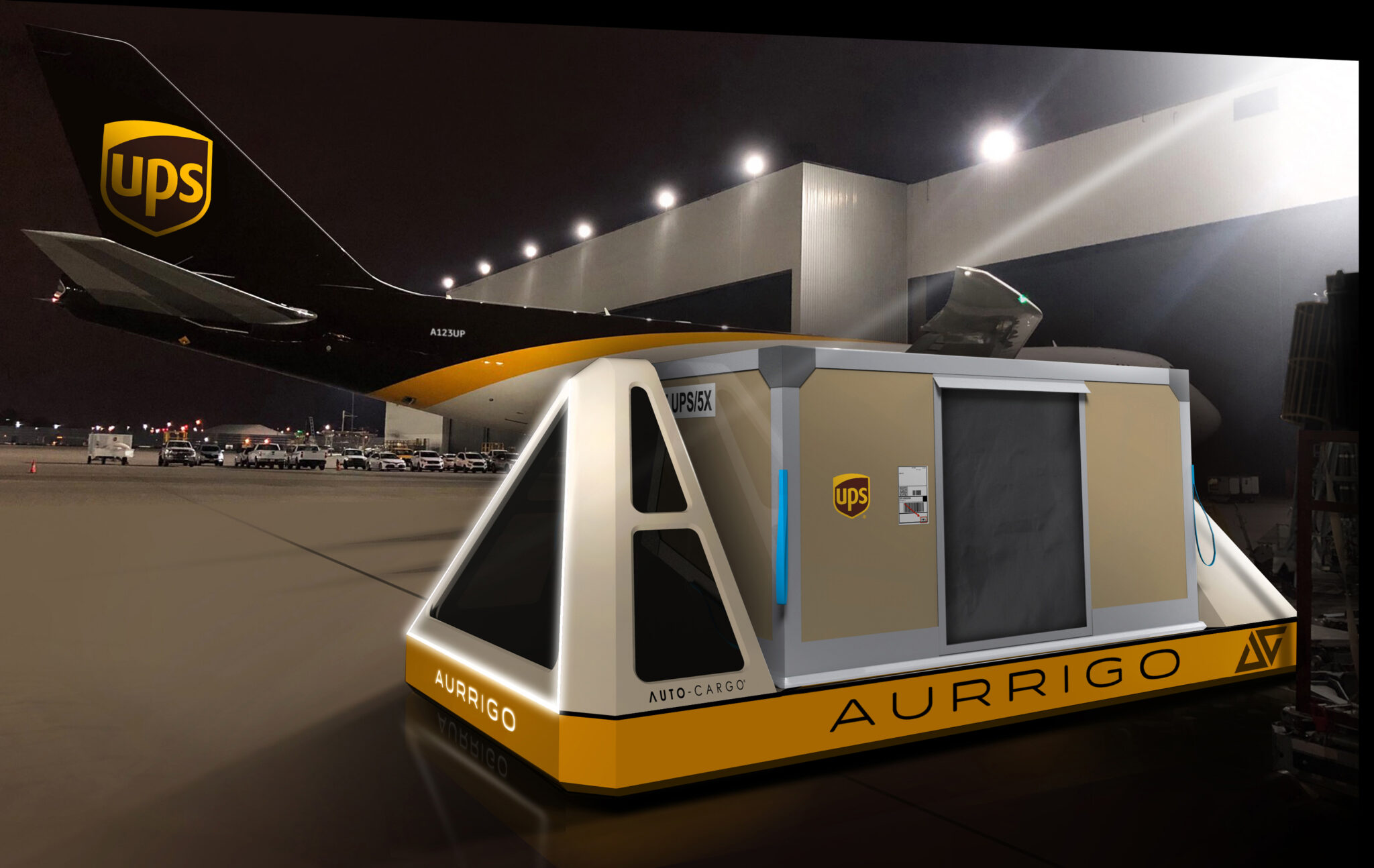Online to inflight, ecommerce is transforming international express courier services, writes Matthew Ware, CEO at CFL, Chairman at Aviation Services UK.
It is widely believed that Sting’s “Ten Summoner’s Tales” was, in 1979, the first ever item purchased online – marking the birth of ecommerce. Today, the global ecommerce market is simply vast; in 2019, ecommerce value was estimated at $26.7 trillion, about 30% of world GDP, according to a 2021 report by UNCTAD, the United Nations Conference on Trade and Development. But it is a fragmented, complex market; B2B, B2C, and more recently growing C2C purchases combine to create a demand on the global delivery ecosystem that today is still soaring.
Build it and they will come
There are over 5 billion people connected to the internet today. Consumers can shop anytime, from anywhere, using virtually any device, as businesses can order raw materials, components, and finished goods. This extraordinary expansion has created a near-insatiable demand, the impacts of which are felt in every corner of the globe. The airline industry is the key element – IATA says 80% of e-commerce goods by value travel by air.
But it’s not all driven by consumer and business demand; as express air connections are made, markets are opened and trade flows. For example, there has been significant growth in imports from India over the last two years, largely by growing capacity at Indian airports and an increase in the number of direct links to Heathrow.
What can be measured
The proliferation of mobile apps and online platforms has given customers accurate tracking, real-time updates, and personalised communication – in short, much greater control and visibility over their shipments. These digital solutions streamline order placement, payment processing, and returns management – still a critical element when buying online. Most airlines cargo handling technology remains behind developments in their passenger businesses.
General cargo products inability to easily capture and track item level data sets is problematic for ecommerce shipments where you have consolidations that contain many thousands of different items going to many hundreds of different recipients. Capturing key data around customer preferences, speed of on and off-boarding, the online selection and ordering process, and other metrics, results in an increase in the ability to manage or influence these key measures. Only by knowing how you’re doing today can you hope to do better tomorrow.
B2B 2 C2C
The ability to source from literally anywhere enables organisations to optimise the balance between price, quality and choice. – B2B ecommerce typically involves larger volumes, higher average order values, and longer-term contracts compared to B2C transactions. B2C ecommerce is facilitated by global marketplace platforms such as Amazon and Alibaba, which connect consumers with sellers and merchants from around the world. C2C e-commerce platforms enable individuals to buy and sell goods directly from/to other consumers. Online marketplaces, such as eBay and Craigslist, support these peer-to-peer transactions.

All of this is dependent upon a fast, reliable, secure, convenient and affordable courier network that spans the globe yet reaches right along that famous last mile to your doorstep. Meeting all these requirements sounds like Mission: Impossible, especially when you add in regulatory complexities, lack of cargo capacity and shortage of nighttime flying slots. So, how do you make the seemingly-impossible possible? In simple terms, you automate and innovate. Automation, artificial intelligence (AI), and machine learning algorithms optimise route planning, package sorting, and delivery processes, reducing transit times and costs.
Room to grow
Airfreight in general accounts for only around 0.5% of UK total international movements by weight but about 45% by value, according to a report by the Freight Trade Association. There are around 70,000 domestic SME businesses online that don’t trade internationally but would like to, according to a report prepared by the Social Market Foundation, and supporting them to access global markets would be a hugely positive development both for the logistics sector and the wider UK economy.
The government has set up an ecommerce trade commission to explore how to support this, and many interested parties, including CFL, are engaging with the commission to support this ambition. One solution could be to extend express courier facilities to other, smaller airports around the country. Cargo in and out of Heathrow is more than the sum of all other UK airports cargo shipments taken together. Manchester or Gatwick could offer useful gateways with a dedicated courier facility – something that was actively discussed before the pandemic and may well emerge again soon.
Going further, a greater number of overseas facilities like those at Heathrow could create a network whereby ecommerce importers and exporters would have greater access to integrator-like services, with wider choice and greater certainty over service consistency. However, airfreight is predicated on large consolidations that do not sit comfortably with tracking individual parcels or items – a critical requirement for ecommerce shippers. So express courier providers must develop systems to support their customers and affiliated airlines in capturing this data, to accelerate clearance, customer visibility, and support returns and duty and taxes recovery.
Cross-border ecommerce is a heady mix of B2B, B2C, and C2C transactions, combining to create an enormous global flow of raw materials, components and finished goods. While B2B transactions traditionally dominated, the growth of B2C and C2C ecommerce has expanded the scope and scale of international commerce, creating new opportunities for businesses, consumers, and the delivery ecosystem.
Expansion of capacity and cargo flight slots will help meet the surge in demand, as will the expansion of express courier facilities around the world. However, obstacles such as regulatory complexity, data security risks, and supply chain disruptions, create constraints within which the industry must operate. ‘twas ever thus. As ever, the answer is to innovate, and the industry is trying to find ways by adopting and adapting technology. But the wide technology disparity across the ecommerce ecosystem has led to serious fragmentation – a situation not helped by the perpetuation of legacy systems.
We’ve come a very long way from that single, insecure, slow purchase of Sting’s album in 1979.
read more
NL ranks first for courier innovation














